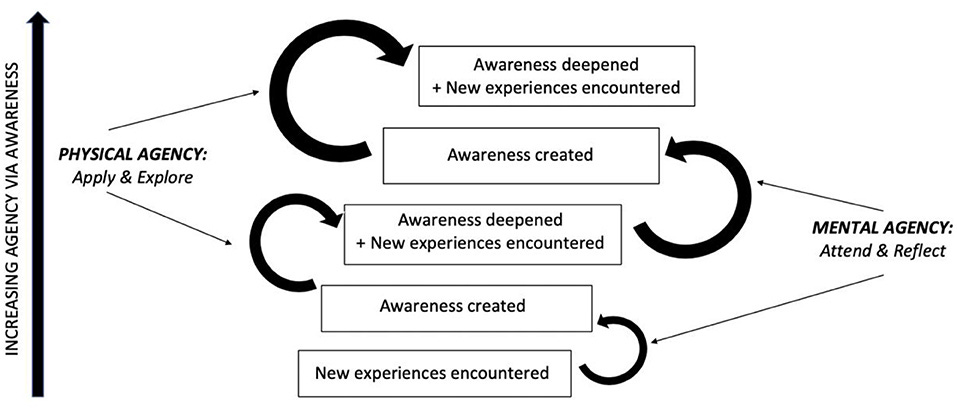Agency via Knowledge
The fundamental process by which we (re)build ourselves, with or without a therapist
Dear subscribers: I’ve got some exciting updates on the horizon regarding my new book deal (working title The Builder’s Mindset: A New Psychology of Ambition in Life and Work), and the opportunities it will open up for deeper exploration and more intimate community engagement around the ideas in this newsletter. Meanwhile, as I wrap up my summer in San Francisco* and get my ducks in a row for the book, here’s a post I’ve thrown together by compiling and lightly updating several previously published pieces, including this Psychology Today post and this academic paper co-authored with my colleague Vera Bekes.
*If you happen to be in the Bay Area next Tuesday evening (8/13), please join me for this fireside chat on the “psychology of ambition”. Paid subscribers get in free with the discount code provided at the bottom of this post.



